Children, Families, and Youth Support Award
This award recognises a public authority or social services provider that has demonstrated outstanding commitment to improving the wellbeing, protection, and development of children, families, and young people. It honours initiatives that provide holistic, preventive, and person-centred support to ensure children and young people can thrive in safe, nurturing, and inclusive environments.
Examples of key areas in children, families, and youth support in social services:
- Support Families and Early Intervention – Strengthening families through parenting programmes, family mediation, and integrated early childhood services to prevent crises and ensure stability.
- Promote Child Protection and Safeguarding – Implementing services that protect children from abuse, neglect, and exploitation, ensuring their safety and long-term wellbeing.
- Foster Alternative Care and Deinstitutionalisation – Promoting family- and community-based care alternatives to institutions, supporting foster care, kinship care, and adoption services.
- Support Mental Health and Wellbeing – Providing accessible mental health services for children and young people, particularly for those in vulnerable situations.
- Promote Youth Empowerment and Inclusion – Supporting education, employment pathways, and social inclusion programmes that equip young people with skills, resilience, and opportunities for an independent future.
- Provide Support for Vulnerable and At-Risk Groups – Addressing the needs of children and youth from disadvantaged backgrounds, including those with disabilities, unaccompanied children, and those affected by migration or poverty.
Special consideration is given to initiatives that:
- Take a child-centred, rights-based approach, ensuring children and young people have a voice in decisions affecting their lives within the programme or service.
- Promote an integrated approach in service delivery integrating different services to provide coordinated support.
- Engage families and communities, strengthening local networks that support children’s well-being and development.
- Show measurable impact, improving safety, stability, and life outcomes for children and young people.
- Are scalable and transferable, offering models that can inspire practice in other European regions.
Children, Families, and Youth Support Award 2025 Winner
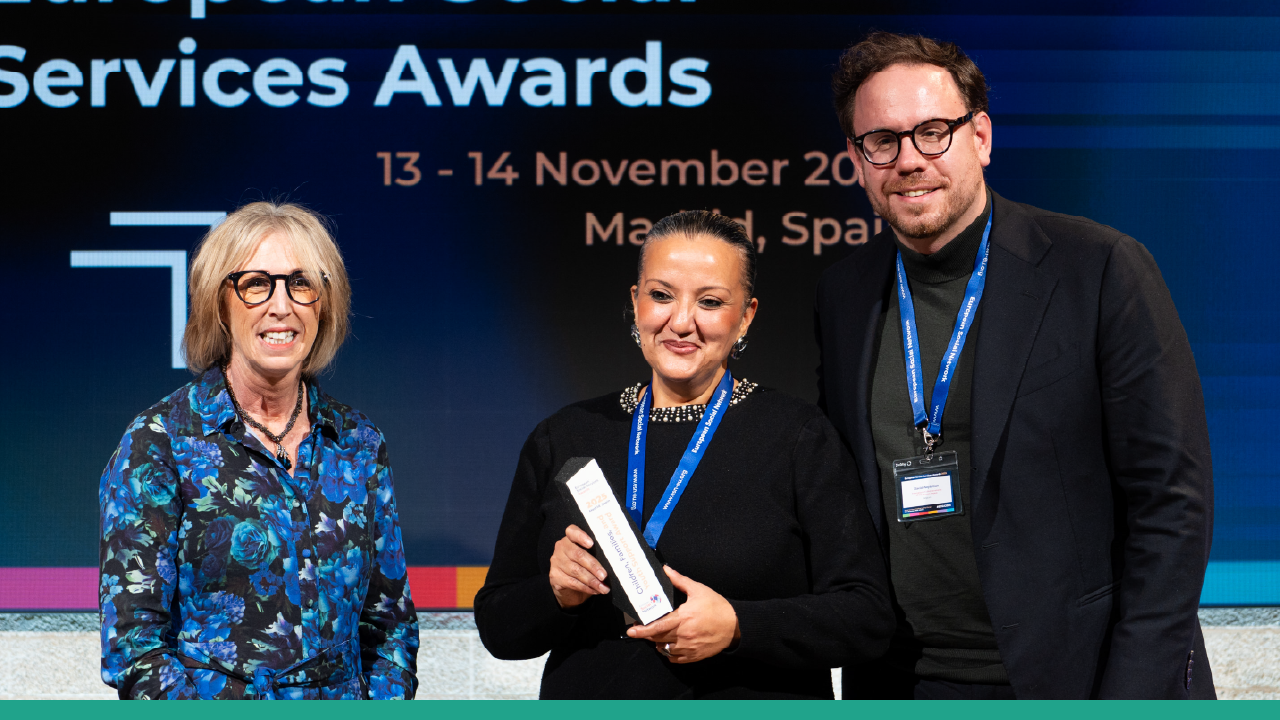
Title: “The Miriam Project”
Organisation: CPAS (Social Services of Brussels City), Belgium
More information here: https://www.mi-is.be/nl/miriam
The Miriam Project addresses the multiple difficulties single mothers and their children face, particularly children between 0 and 6 years old, from impoverished environments, with low education level or with a migrant background in the city of Brussels. These households are particularly exposed to social exclusion, housing instability, mental health issues and difficulties accessing the job market and childcare, which deeply affects children’s development.
The project addresses these difficulties by intervening with a person-centred and holistic approach which brings together in one single framework support in housing, mental health, legal assistance, labour orientation, early childhood education and peer network support. A multidisciplinary team provides them personalised support, fostering the economic independence of the mothers as well as a safe and protective environment for the children.
As of now, dozens of families have already been reached. Feedback from both participants and professionals shows a notable reduction in social isolation, greater emotional resilience, and increased engagement with rights and available services. Case managers report growing trust and long-term engagement from families, particularly in the areas of early childhood support and employment pathways.
Children, Families, and Youth Support Award 2025 Nominees
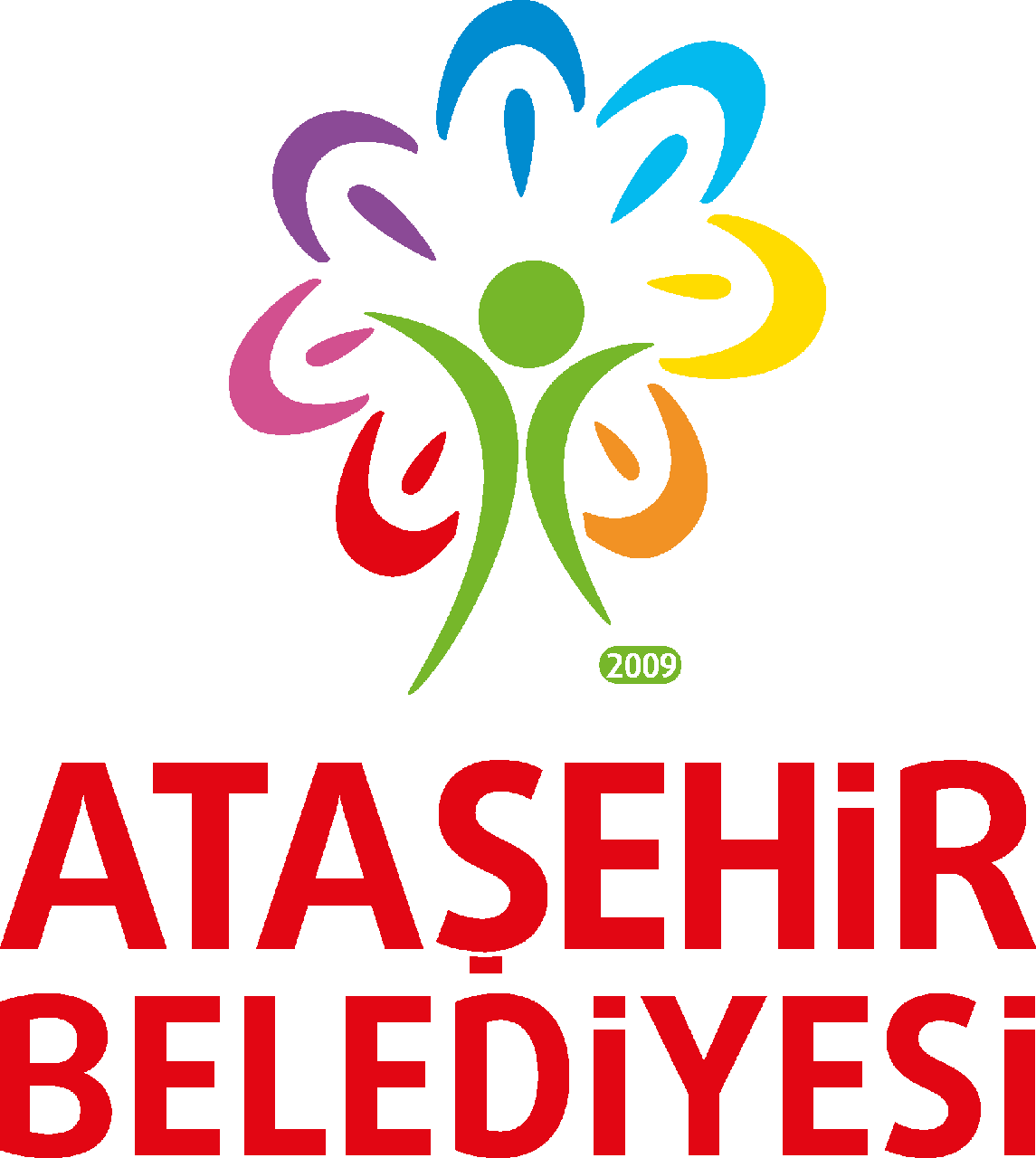
Title: “Yeni Hayat Youth Center”
Organistion: Atasehir Municipality, Türkiye
More information here: https://www.salto-youth.net/tools/otlas-partner-finding/organisation/yeni-hayat-youth-center.13411/
This project addresses the growing challenge of youth addiction and the lack of accessible mental health and family support services in socioeconomically disadvantaged urban areas in the municipality of Ataşehir in Türkiye. Many families face emotional and behavioural crises, especially in single-parent households, but cannot afford private therapy or receive timely public assistance. To address this, the project offers holistic, preventive, and person-centred support to young people aged 12–26 and their families.
It provides free services such as psychological counselling, family therapy, group sessions, a support line, educational seminars, and recreational activities. By strengthening family bonds and empowering youth, it aims to reduce long-term social exclusion and support healthier, more stable communities. Youth participation is encouraged in the design of activities, ensuring a rights-based and child-centred approach.
In 2024 alone, Yeni Hayat Youth Centre made a significant impact in the community: 5,008 people attended educational seminars, 1,005 individuals received one-on-one counselling, 1,264 families benefited from family therapy services, 1,691 psychological support sessions were conducted, 1,107 people reached out to the Yeni Hayat Support Line, 1,606 youth participated in sports activities, and 254 young people explored their creativity through the ceramics workshop.
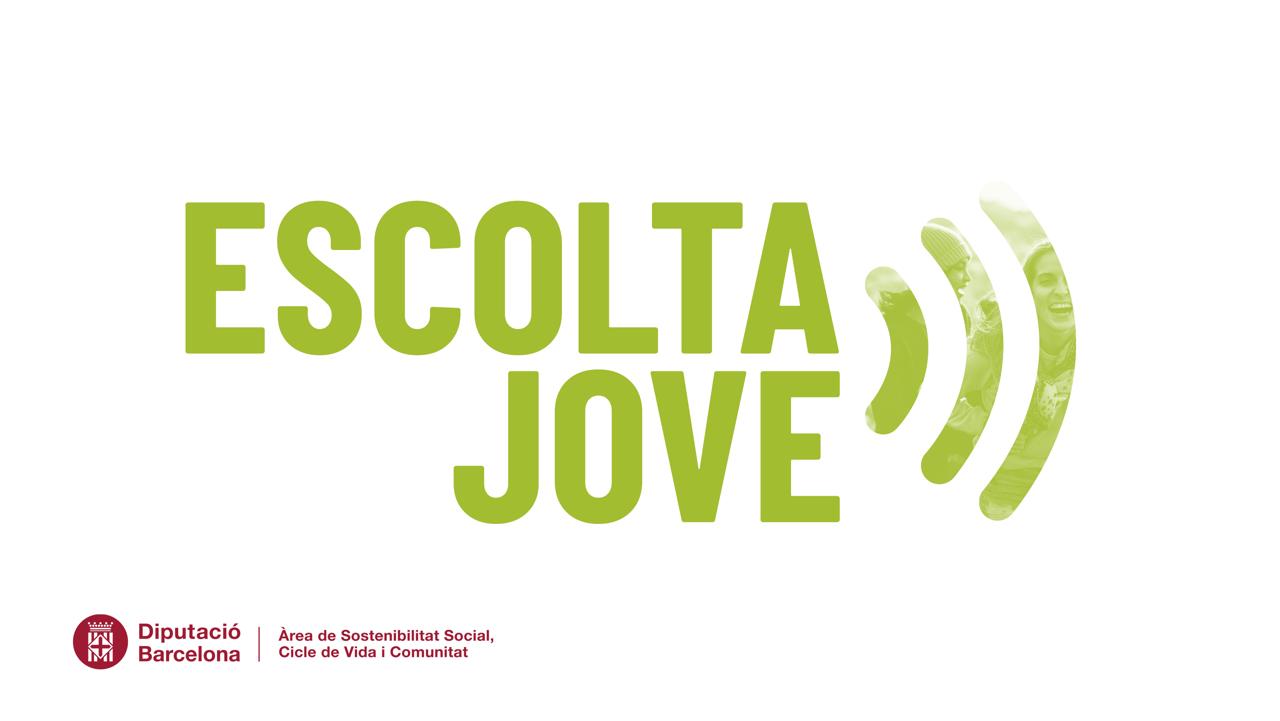
Title: “Programa Escolta Jove: The Youth Listener Programme”
Organisation: Barcelona County Council (DIBA), Spain
More information here: https://www.diba.cat/es/web/joventut/programa-escolta-jove
Escolta Jove addresses the difficulties that youth from the Barcelona province, aged between 14 and 30, face in emancipating, building their own life paths and personal development. The project aims to reduce inequalities and respond to differences in opportunities and access to personal development options, with a special focus on those who suffer from discrimination and exclusion. Youth Advisors provide active support through personal guidance, connection to community resources and local services if needed, and by fostering participation in group activities.
The programme aims to put the person at the centre of their personal development by mobilising the Youth Advisor in the young person's everyday environments. The programme is adapted to each local context, providing strong support networks with stable financing and continuous professional training. In 2024, the programme reached more than 85,000 youth across 310 municipalities and was supported by 262 professionals and more than 17,000 activities. This fostered a bond between youth and the community, increasing their wellbeing and opportunities.
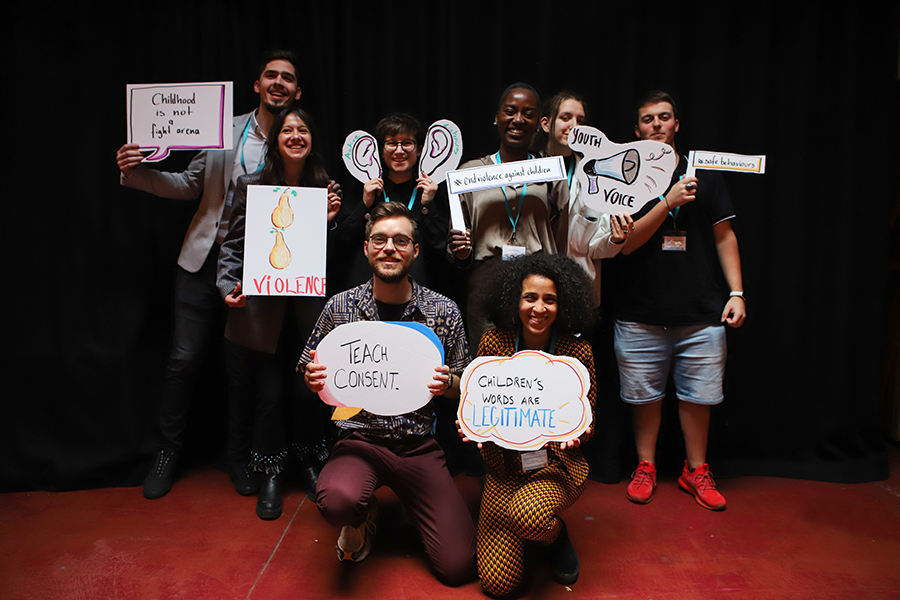
Title: “Applying Safe Behaviours”
Organisation: SOS Children’s Villages International, Europe
More information here: https://www.sos-childrensvillages.org/applying-safe-behaviours
In Europe, almost 1 in 3 students report being bullied at school, and cases of cyberbullying are increasing globally. In fact, peer violence is one of the most common ways in which children and young people experience violence, particularly if they come from vulnerable backgrounds.
The ‘Applying Safe Behaviours’ project aims to protect children and young people from such violence through a holistic, person-centred approach, and by empowering them to become their own agents of change. Through this project, trainings are carried out for professionals, and peer-to-peer workshops are conducted for children aged 11-15 by young people who are trained as Peer Trainers. The aim of such trainings is to gain the skills and understanding to help prevent and respond to peer violence in a participatory, safe and constructive way.
During this phase of the project, 520 children and young people will participate in the peer-to-peer workshops, and 50 young people will be trained as Peer Trainers. 520 professionals will participate in the trainings for adults, with an estimated 86,320 children and young people reached indirectly.
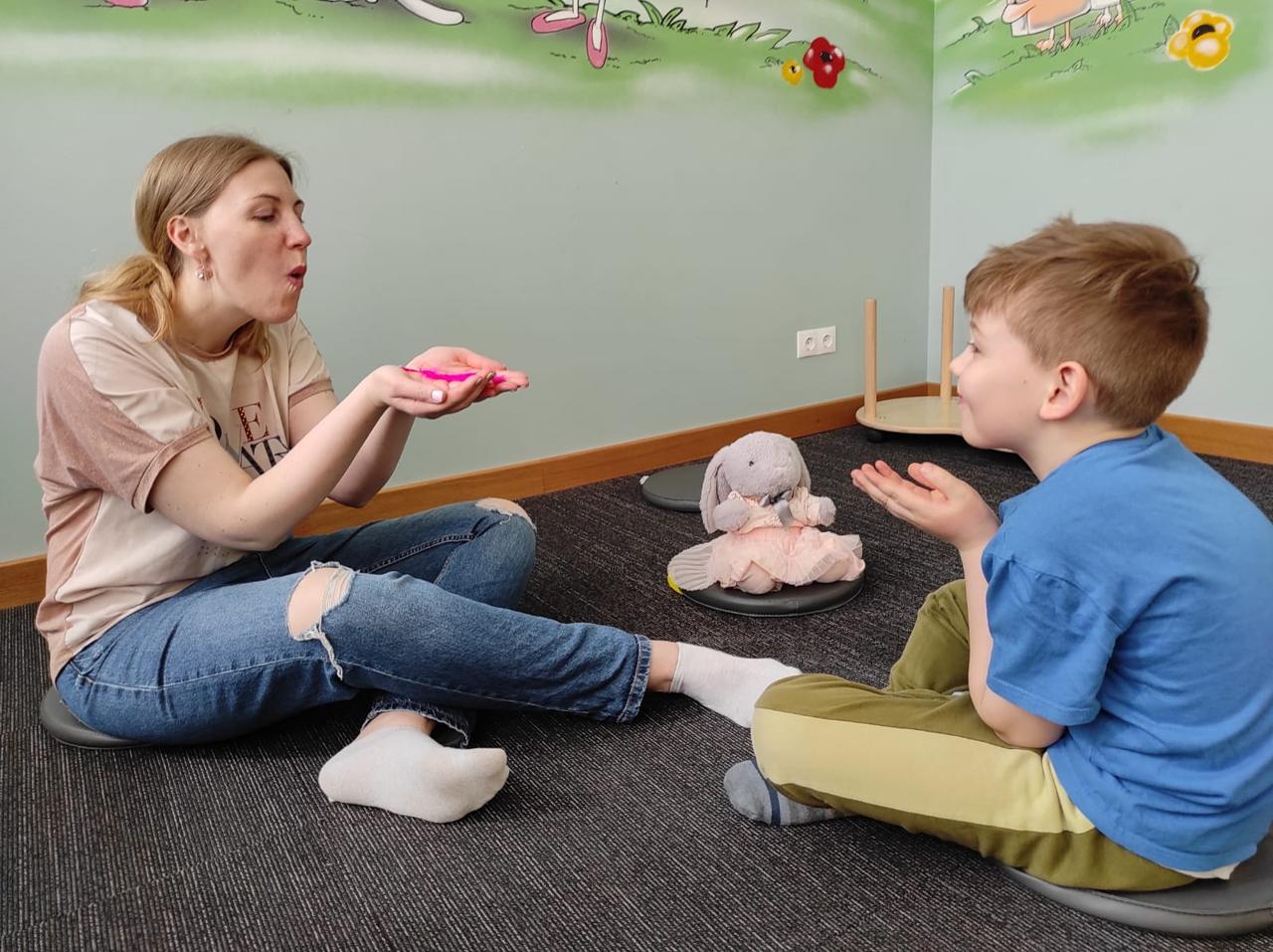
Title: “The Path to Oneself”
Organisation: Latvian Children’s Support Fund, Latvia
More information here: https://lbaf.lv/
The “Path to Oneself” initiative addresses the social and communication challenges faced by children with behavioural disorders and communication difficulties, which often hinder their inclusion in school and community life. Through a tailored social rehabilitation service, team of professionals work closely with the entire family to strengthen the parent–child bond and improve communication within the household – both of which are crucial for the child’s well-being and social integration. Each family and kid have their own needs, so we develop unique rehabilitation plan for each family.
When needed, specialists also collaborate with the child’s educational institution, providing strategies that support the child’s social development. These activities help reduce barriers to communication and inclusion in kindergarten and primary school.
To date, the project has supported 274 families, and beginning in September 2025, it will extend its reach to an additional 72 families, with the number of beneficiaries growing each year. Intervention assessments demonstrate measurable improvements in children’s social skills and behavioural patterns, both at school and at home. Parents report an 85% increase in confidence, particularly in their ability to support their child’s emotional regulation and successful integration into society.
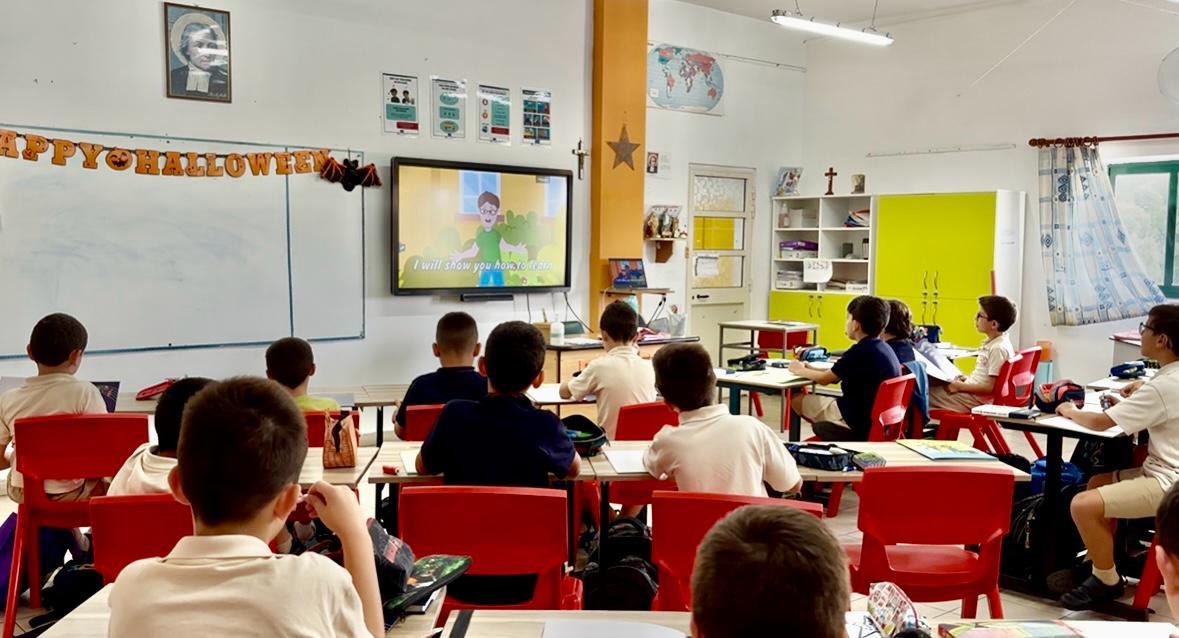
Title: “Adopting a Holistic Approach to Substance Abuse and Addiction Prevention”
Organisation: Aġenzija Sedqa, part of the Foundation for Social Welfare Services (FSWS)
More information here: https://fsws.gov.mt/sedqa/
Aġenzija Sedqa, Malta’s national agency for substance abuse and addiction prevention, has developed a holistic approach to tackle these issues across society. Its programmes equip participants with key life skills such as emotional regulation, resilience, decision-making, and problem-solving, all of them key factors in preventing substance misuse.
The agency delivers primary prevention in schools, workplaces, and communities, working with the Ministry for Education, employers, families, and community networks to reach a broad audience. This approach has proven scalable, being implemented across all schools in Malta and Gozo as well as a number of workplaces.
It has reached over 18,600 individuals, of which almost 14,000 are children and teenagers in educational settings. Depending on the programme, between 75% and 90% of children and teenagers reached by this initiative reported acquiring new life skills.
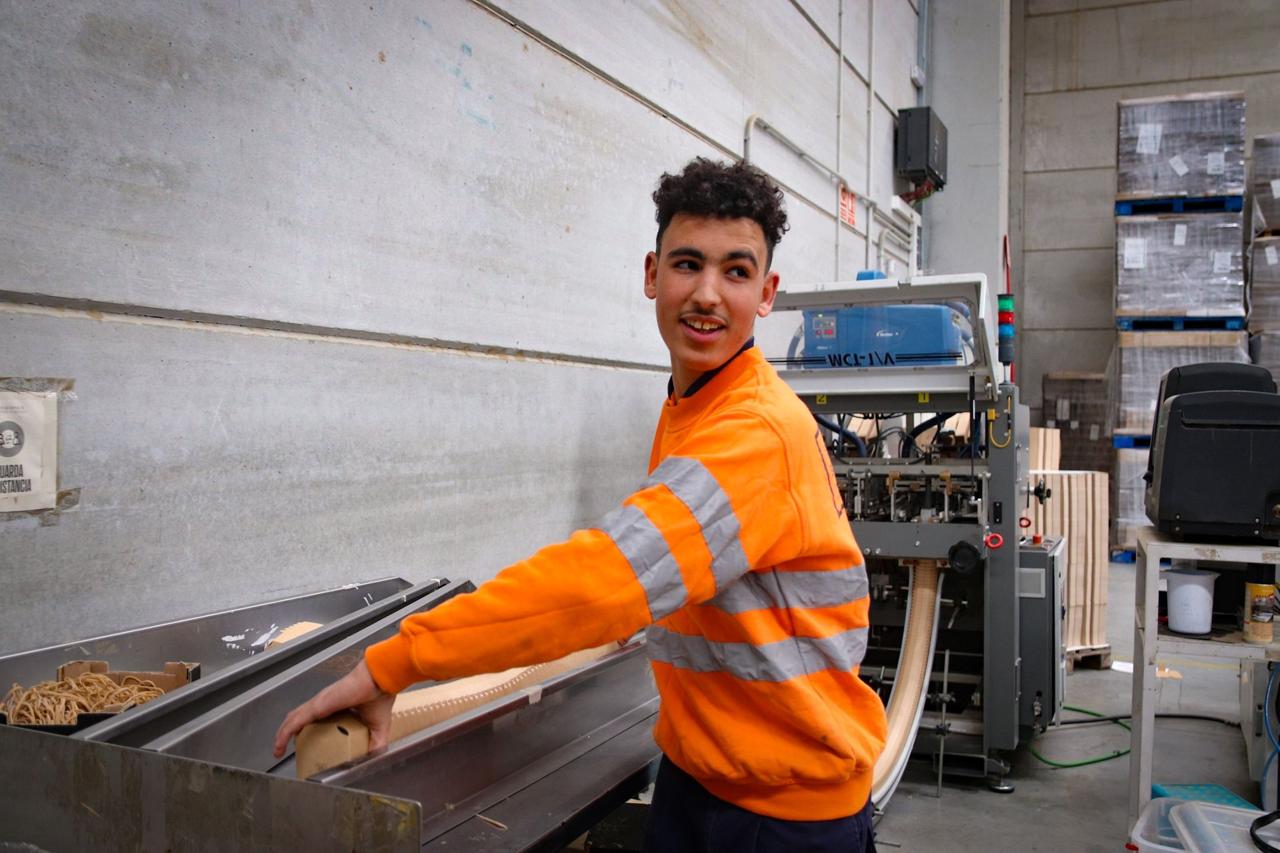
Title: “The Boza Project"
Organisation: Samu Foundation, Spain
More information here: https://www.samu.es/
The Boza Project supports unaccompanied migrant young adults aged 16–18 in their transition to adulthood after leaving the child protection system. This transition often leads to social exclusion, unemployment, or persistent poverty. The Boza Project addresses these risks through a socio-educational programme of practical workshops that equip young people with tools for independent living.
Each workshop is designed to provide participants with practical knowledge, emotional support, and social skills, helping them navigate the integration processes within Spanish society. The workshops are delivered to a group of 24 participants but the total number of people who receive the training throughout the year is higher, depending on the number of admissions and discharges at the centre.
Boza was co-created using the lived experiences of former unaccompanied minors who shared their difficulties and challenges they faced. The SAMU Foundation operates over 60 protection centres across Spain that may be eligible to implement the programme.